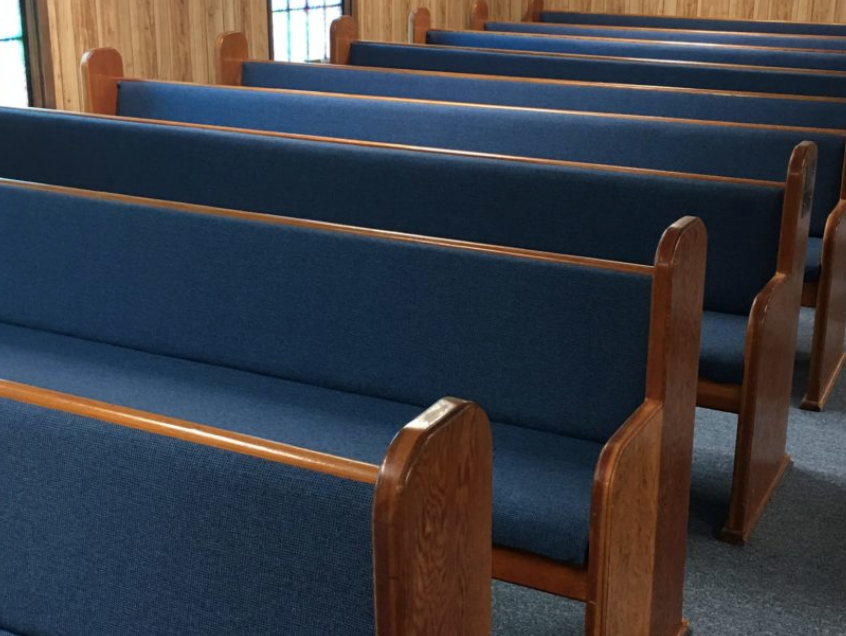Only a candidate like Joe Biden is so problematic he could lose to a candidate like Donald Trump.
Only a Trump is so problematic he could lose to a Biden. That’s one way to frame what the early polls are telling us about Americans’ attitude about their 2024 choice.
Since Biden is so far successfully freezing out major Democratic competitors, the big question for journalists is whether any Republican can dethrone Donald Trump. Hovering over that – as always with Republicans – is how active churchgoers will assess the large flock (once again) of dump-Trump hopefuls in the winner-take-all primaries.
Take the newbies. Can Ron DeSantis’s grumpy Trumpiness freed from Trump’s baggage prevail, or the exact opposite?
Tim Scott’s Reagan-esque sunniness plus religiosity Trump lacks?
Can former Nikki Haley straddle both Trumpers (playing for Veep?) and anti-Trumpers?
Can pious Vice President Mike Pence overcome hostility from both those sides? Would Chris Christie eviscerate ex-pal Trump but without winning, as with Mario Rubio 2016?
If the more cheerful Asa Hutchinson or Chris Sununu also assail Trump, won’t they alienate his base? Would a rumored Glenn Youngkin entry come too late? Do the others have any hope?
By such common calculations, Trump appears all but inevitable 58 weeks before the nominating convention. But with such a surreal candidate – with coming courtroom tangles – might those pious Republicans shock the pundits? Wouldn’t that be a story?
The news media shouldn’t forget the religion angle with the Democrats and Joe Biden’s currently lethargic campaign.










